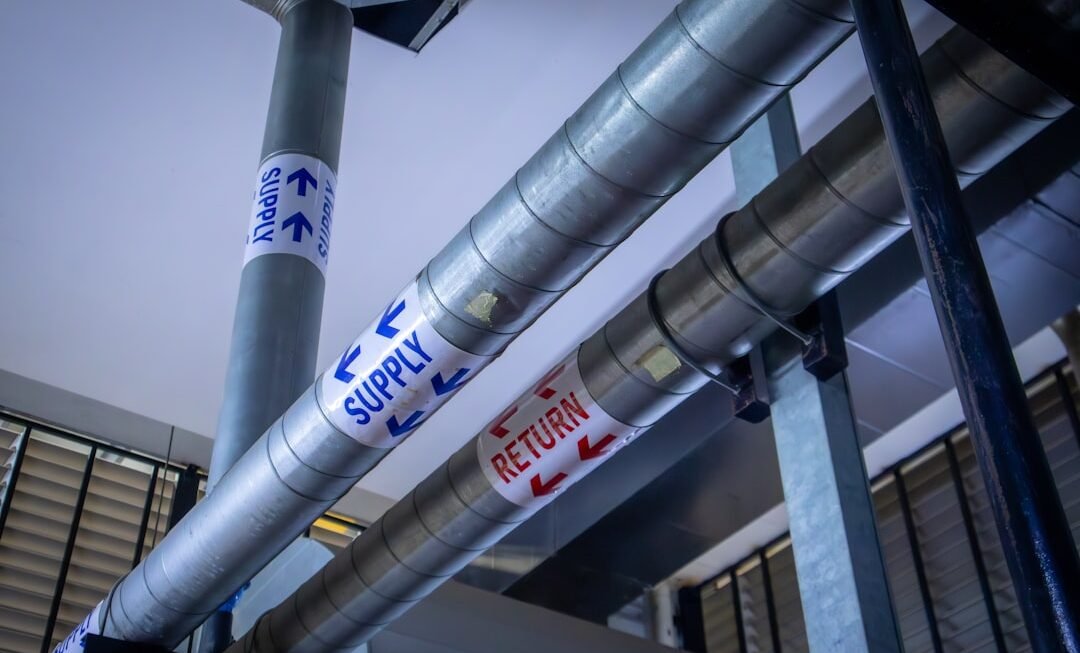The integration of artificial intelligence (AI) into online project and task management has revolutionized the way teams collaborate, plan, and execute their work. As organizations increasingly rely on digital tools to streamline operations, AI has emerged as a pivotal component in enhancing productivity and efficiency. By automating routine tasks, providing data-driven insights, and facilitating better resource allocation, AI empowers project managers and teams to focus on strategic decision-making rather than mundane administrative duties.
The evolution of AI technologies has made it possible for project management software to not only assist in tracking progress but also to predict potential challenges and recommend solutions. In the realm of project management, AI’s capabilities extend beyond mere automation. It encompasses advanced analytics, machine learning algorithms, and natural language processing, which collectively enhance the decision-making process.
For instance, AI can analyze historical project data to identify patterns that may inform future projects, thereby reducing risks and improving outcomes. As organizations continue to adapt to the fast-paced digital landscape, the role of AI in project management is becoming increasingly indispensable, offering tools that cater to the unique needs of diverse teams across various industries.
Key Takeaways
- AI is revolutionizing online project and task management by automating processes and providing valuable insights.
- The benefits of AI in project and task management include increased efficiency, improved decision-making, and better resource allocation.
- AI tools for task automation can streamline repetitive tasks, saving time and reducing human error.
- AI tools for data analysis and insights can help project managers make data-driven decisions and identify trends and patterns.
- AI tools for resource management can optimize resource allocation and improve productivity.
Benefits of AI in Project and Task Management
The benefits of incorporating AI into project and task management are manifold, significantly impacting productivity, efficiency, and overall project success. One of the most notable advantages is the automation of repetitive tasks. By leveraging AI-driven tools, teams can automate scheduling, reminders, and status updates, freeing up valuable time for team members to engage in more strategic activities.
This not only enhances individual productivity but also fosters a more collaborative environment where team members can focus on innovation and problem-solving rather than administrative burdens. Moreover, AI enhances decision-making through data-driven insights. Traditional project management often relies on subjective assessments and historical experiences, which can lead to biases and inaccuracies.
In contrast, AI tools analyze vast amounts of data to provide objective insights that inform project planning and execution. For example, AI can evaluate past project performance metrics to identify which strategies yielded the best results, allowing teams to replicate successful approaches in future endeavors. This data-centric approach minimizes risks associated with project management and increases the likelihood of achieving desired outcomes.
AI Tools for Task Automation

Task automation is one of the most significant applications of AI in project management. Various tools have emerged that leverage AI to streamline workflows and reduce manual effort. For instance, platforms like Asana and Trello have integrated AI features that automate task assignments based on team members’ workloads and expertise.
This ensures that tasks are allocated efficiently, minimizing bottlenecks and enhancing overall team performance. Additionally, these tools can send automated reminders for upcoming deadlines or overdue tasks, ensuring that team members remain accountable without the need for constant oversight. Another notable example is the use of chatbots in project management software.
These AI-driven assistants can handle routine inquiries from team members regarding project status or task assignments. By providing instant responses to common questions, chatbots reduce the need for project managers to spend time addressing repetitive queries. Furthermore, they can facilitate communication among team members by providing updates on project milestones or changes in task priorities.
This level of automation not only saves time but also enhances team cohesion by ensuring that everyone is informed and aligned.
AI Tools for Data Analysis and Insights
Data analysis is a critical component of effective project management, and AI tools have significantly enhanced this capability. Advanced analytics platforms like Microsoft Power BI and Tableau utilize machine learning algorithms to process large datasets and extract meaningful insights. These tools can identify trends, correlations, and anomalies within project data that may not be immediately apparent through traditional analysis methods.
For example, a project manager can use these insights to determine which phases of a project consistently experience delays and implement corrective measures accordingly. Moreover, AI-driven analytics can provide predictive insights that inform future project planning. By analyzing historical data from previous projects, these tools can forecast potential challenges and suggest strategies to mitigate risks.
For instance, if a particular type of task has historically taken longer than expected due to resource constraints, the AI tool can recommend allocating additional resources or adjusting timelines accordingly. This proactive approach enables teams to anticipate issues before they arise, ultimately leading to smoother project execution.
AI Tools for Resource Management
Effective resource management is crucial for the success of any project, and AI tools have transformed how organizations allocate their resources. Tools like Resource Guru and Float leverage AI algorithms to optimize resource allocation based on availability, skill sets, and project requirements. By analyzing team members’ workloads in real-time, these platforms can suggest adjustments to ensure that resources are utilized efficiently without overburdening any individual.
Additionally, AI can assist in forecasting resource needs for upcoming projects based on historical data. For example, if a company has completed several similar projects in the past, an AI tool can analyze the resource allocation patterns from those projects to predict how many team members will be required for a new initiative. This predictive capability allows organizations to plan ahead effectively, ensuring that they have the right resources in place when needed while minimizing downtime or resource shortages.
AI Tools for Predictive Analysis

Predictive analysis is one of the most powerful applications of AI in project management. By utilizing machine learning algorithms, these tools can analyze historical data to forecast future outcomes with remarkable accuracy. For instance, platforms like Monday.com incorporate predictive analytics features that assess past project performance metrics to identify potential risks or delays in current projects.
This foresight enables project managers to take proactive measures to address issues before they escalate. Furthermore, predictive analysis can enhance budgeting and financial forecasting within projects. By examining historical spending patterns and resource utilization rates, AI tools can provide insights into potential budget overruns or cost-saving opportunities.
For example, if a specific type of task consistently incurs higher costs than anticipated, an AI tool can alert project managers to investigate further or adjust their budgeting strategies accordingly. This level of insight not only improves financial management but also contributes to more accurate project planning.
AI Tools for Workflow Optimization
Workflow optimization is essential for maximizing efficiency in project management, and AI tools play a pivotal role in this process. Platforms like ClickUp utilize AI algorithms to analyze workflows and identify areas for improvement. By examining task dependencies, completion times, and team member performance metrics, these tools can suggest adjustments that streamline processes and eliminate bottlenecks.
For instance, if an analysis reveals that certain tasks are frequently delayed due to dependencies on other tasks being completed first, the AI tool may recommend re-sequencing those tasks or reallocating resources to ensure smoother progress. Additionally, these tools can facilitate better communication among team members by providing real-time updates on task statuses and changes in priorities. This transparency fosters collaboration and ensures that everyone is aligned with the project’s goals.
Future Trends in AI for Online Project and Task Management
As technology continues to evolve at a rapid pace, the future of AI in online project and task management holds exciting possibilities. One emerging trend is the increased integration of natural language processing (NLP) capabilities into project management tools. This advancement will enable users to interact with software using conversational language rather than relying solely on structured inputs.
For example, team members could simply ask their project management tool about the status of a specific task or request updates on deadlines using natural language queries. Another trend is the growing emphasis on personalized user experiences driven by AI algorithms. As these tools become more sophisticated, they will be able to tailor recommendations based on individual user preferences and behaviors.
For instance, an AI tool might learn which types of notifications a user finds most helpful and adjust its alerts accordingly. This level of personalization will enhance user engagement and satisfaction while ensuring that team members receive relevant information when they need it most. In conclusion, the integration of artificial intelligence into online project and task management is transforming how teams operate in today’s fast-paced digital landscape.
From automating routine tasks to providing predictive insights and optimizing workflows, AI tools are enhancing productivity and efficiency across various industries. As technology continues to advance, we can expect even more innovative applications of AI that will further revolutionize project management practices in the years to come.
AI in Online Project and Task Management: Tools for Efficiency is crucial for maximizing productivity in today’s fast-paced work environment. By utilizing artificial intelligence, project managers can streamline processes, automate repetitive tasks, and make data-driven decisions. For further insights into the transformative power of online tools, check out The Transformative Power of Online Learning article. This article explores how online learning can revolutionize education and training, offering a glimpse into the future of work and learning.












